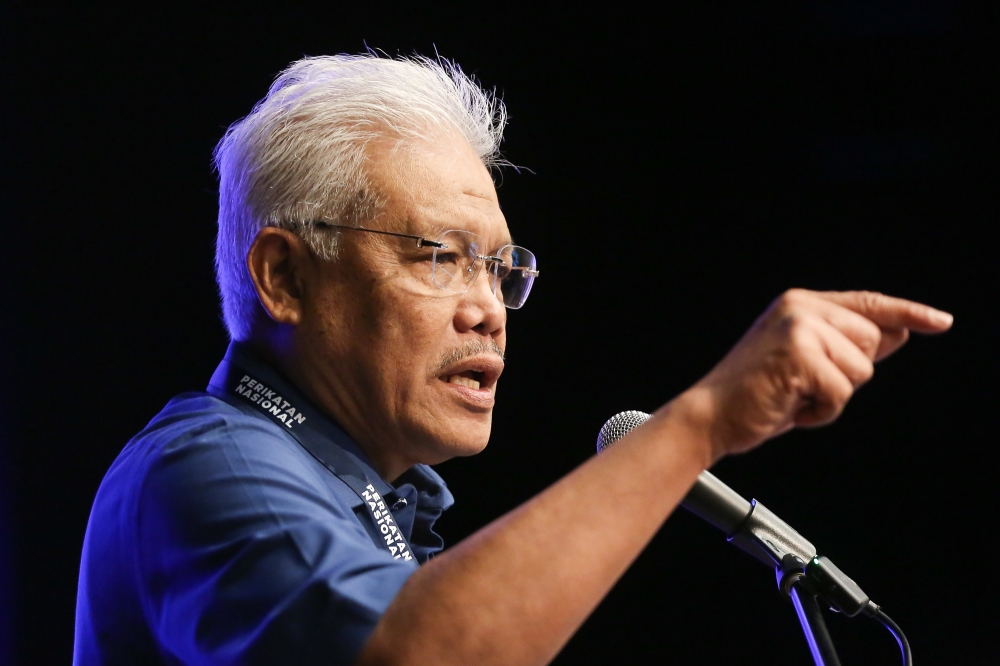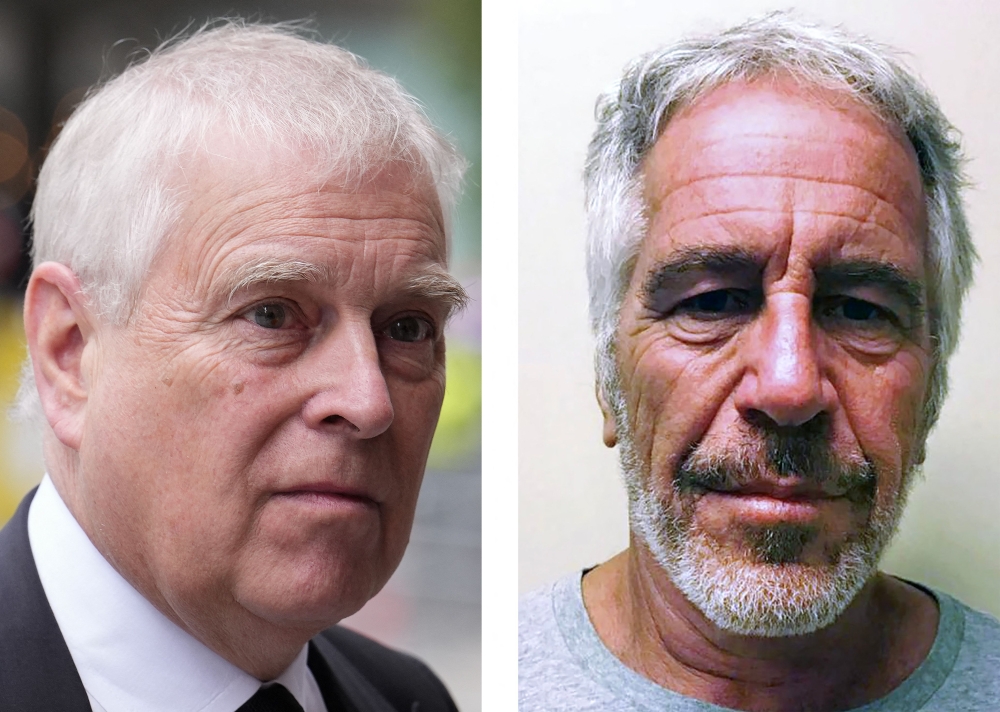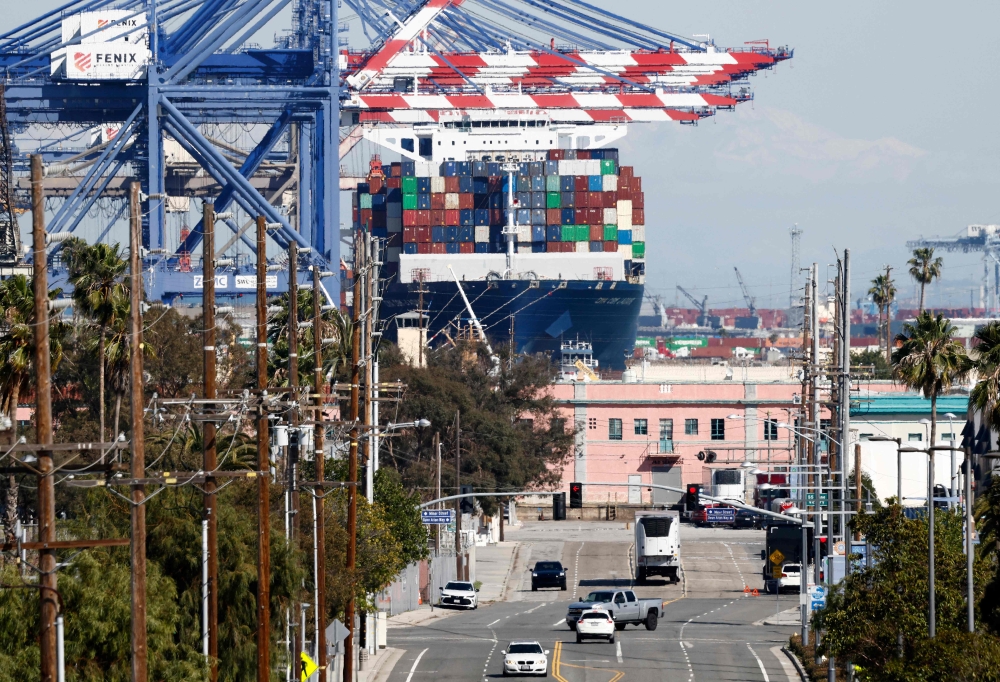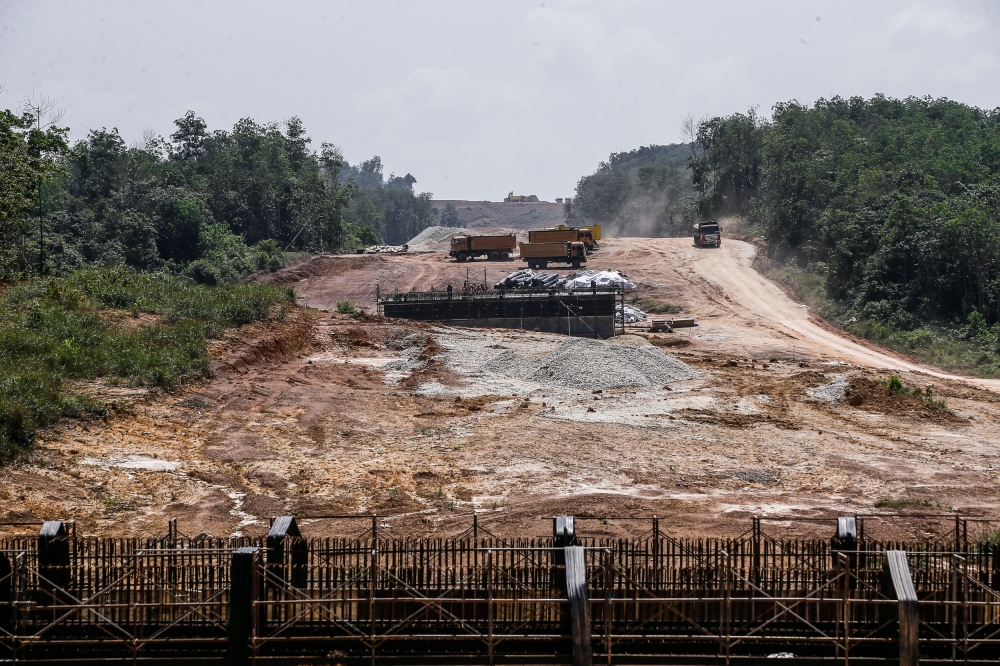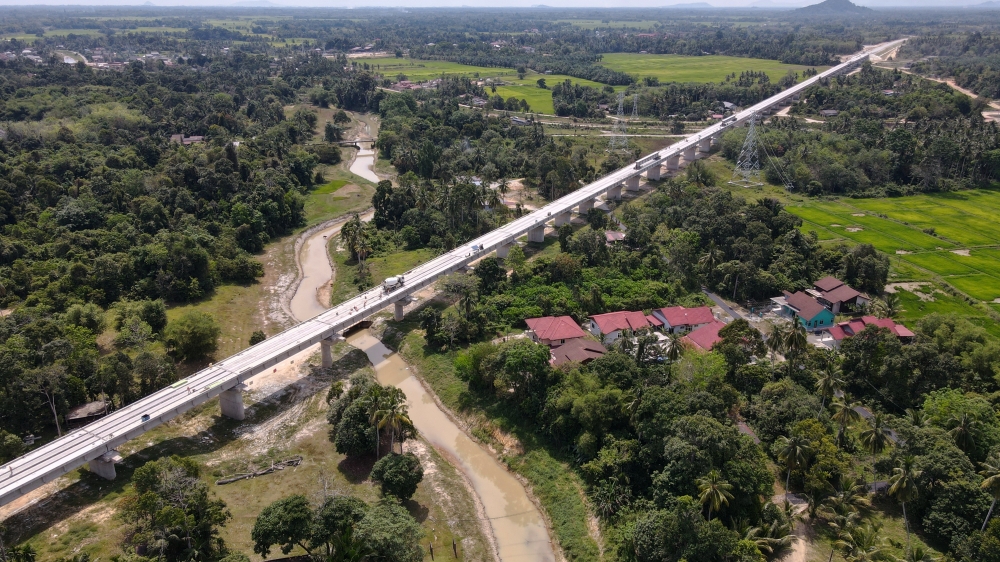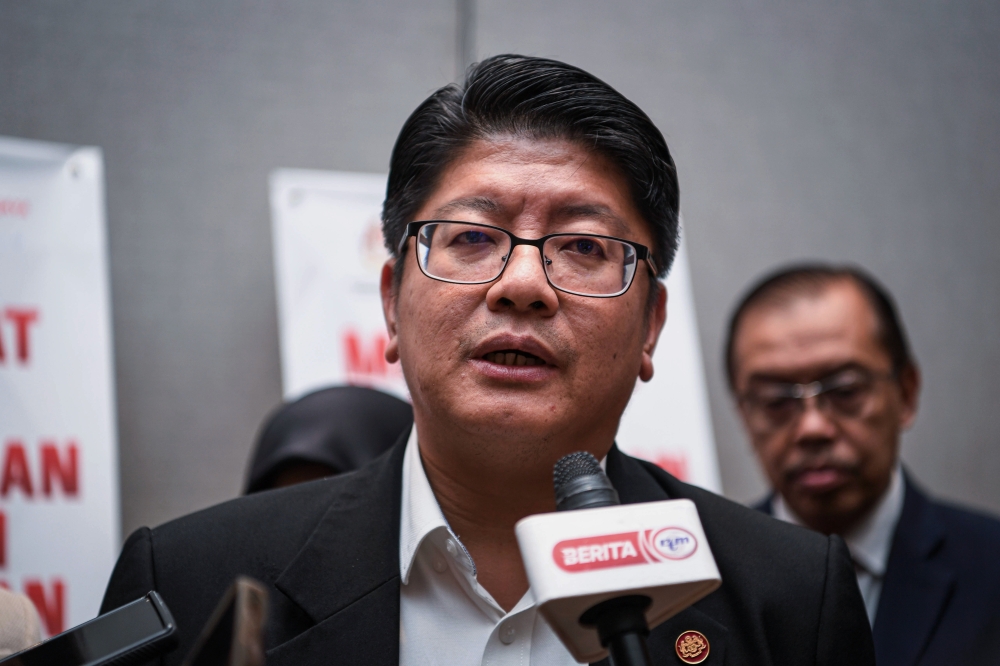KUALA LUMPUR, Jan 22 — Approximately 40 per cent of truck drivers have left their posts to join the installation of the East Coast Rail Link (ECRL) project, raising concerns over a shortage of drivers in the Klang Valley and its adverse impact on local construction projects, warned lorry associations.
Secretary-general of the Malaysia Tipper Lorry Operator’s Association (MTLOA) Tan Boon Hing highlighted the root cause, stating better pay, fixed hours and less hassle with dealing with enforcement agencies as key reasons for this migration.
“Many lorry companies and their drivers are going to the ECRL project, so there is a shortage of lorry drivers in the Klang Valley. This, in turn, is affecting the many construction projects in the area,” he told Malay Mail.
Tan said that the allure of ECRL work extends beyond monetary considerations.
He pointed out the numerous stipulations faced by city lorry drivers, such as restricted driving hours and road limitations.
In contrast, ECRL positions offer a more attractive work environment with fixed hours, eliminating early morning shifts and allowing for more leisurely breaks.
“I think we have lost about 40 per cent right now. All the older drivers have retired. New drivers coming in are mainly from the 50- to 60-year-old demographic, while the 30- to 40-year-olds prefer to be Grab drivers or GrabFood riders as it is easier to get a licence than taking a truck out,” added Tan.

Tipper lorry drivers involved in the ECRL project are primarily tasked with lifting sand, rock and other construction materials, contributing to the development of the expansive rail link initiative.
Echoing Tan’s concerns was Hairi Md Ali, 51, who has three decades of experience in the industry. He is currently the adviser to the Malaysian Association of Land Lorry Drivers.
Hairi too felt the reason for the exodus, besides pay, was the heavy-handed enforcement actions by authorities.
Lamenting rising costs, Hairi highlighted increased lorry rental and maintenance expenses, citing geopolitical events and economic challenges all while criticising enforcement agencies for causing unnecessary delays due to prolonged checks, citing an example of fining drivers for adding lights to enhance visibility.
Hairi said a permit for a 10-tyre lorry is RM24,000. A lorry driver gets paid RM6 per tonne that he carries, and the truck can take up to 10-12 tonnes per trip. If the truck is transporting sand or rock, they are only allowed to fill it halfway.
“One trip you make, you get paid only RM60, meaning they have to transport 40-50 tonnes in order to make about RM250 or so. Now add to that rising costs of everything from repairs to tyres and oil, then add the fines and the time it is taking enforcement agencies to hassle us and find fault with us and tell me, how is any truck driver going to earn RM3,000 a month?
“A trailer from Kedah to Kuala Lumpur to Johor in one month you can take up to 10 maximum 12 trips, that’s how most of them try to earn RM3,000, but imagine the hours. So to stop and be checked constantly and fined constantly is painful.
“I know the government earns money from fines, but I wish we would be more practical. Sometimes, at night, it is hard to see so the driver may add an extra light instead of using the reflective stickers. This also means the authorities want to find fault and fine us.
“There is no practicality and common sense in the decisions being made because all of the ministers and agency heads do not have any experience in the field,” he lamented.
Both Tan and Hairi mentioned how the long time wasted at unloading and loading stations added to the long time that enforcement authorities take to examine the trucks eats into their travel time, which in turn affects their pay and the company’s bottom line.
This can be compounded, as at times the truckers need to go through several checks; thus, making them only able to make one or two trips per day.
Jeffrey Jack from Jester Resources in the Klang Valley attested to the attractiveness of working on the ECRL project due to higher pay, estimating a potential monthly income of up to RM10,000 for lorry drivers.
While noting an influx of new logistics companies, Jack acknowledged the industry’s struggle to find skilled drivers. He attributed this challenge to the prevailing economic downturn, where individuals prioritise income over job satisfaction.
“From what I am observing logistics-wise, the industry’s not doing too bad because I have noticed an influx of new lorry companies so there is work to be done. As far as hiring goes, it’s always hard to find good competent drivers.
“Our economy’s not doing too good so when someone comes in, the first thing they want to know is how much they can earn instead of job satisfaction and all that other stuff. So if ECRL is paying more than they have to go there, no choice,” he told Malay Mail.
President of Malaysia Trucking Federation Datuk Ng Koong Sinn joined the chorus, warning of shortages and highlighting concerns about untrained and inexperienced lorry drivers on the roads. Ng advocated for long-term solutions, envisioning a transformed trucking profession, referring to drivers as “Pilots” trained in road safety and regulations to elevate the industry’s status.
“It’s hard to go against a machinery like ECRL that’s pinching all the drivers — as they should — if they want their project to start and finish on time,” said Ng.

“I don’t see any short-term solutions and we have to just ride it out and hope that we don’t see a lot of road accidents due to inexperienced or overworked drivers. For the long term, I’d like to make the profession more attractive to the masses.
“Instead of calling them drivers, we use the term ‘pilots’ and they all have to undergo training at a proper training centre. I hope the government can look into this. It will create jobs and ensure the drivers are aware of road safety as well as adhere to the rules and regulations of the road,” he added.
“After all, if you think about it, lorry drivers are the movers of the economy, they are the kings actually, and without them, we cannot move anything,” he said.
All agreed that more engagement sessions with the Transport Ministry and the relevant agencies would be needed to ensure the trucking industry continues to prosper.
They said a lot of the decisions were made without properly considering all aspects of trucking.
The installation of the first track for the ECRL project began last month — three years before the 665km railway line that connects the East Coast and the West Coast in the Peninsula starts operating in January 2027.
The installation of the first track would involve the 90km route from Gebeng to Dungun, Terengganu, and is expected to be completed in three to four months.
The mega project, which was inaugurated on August 9, 2017, was also slightly affected by the change of government in 2018, including its suspension for nine months.




